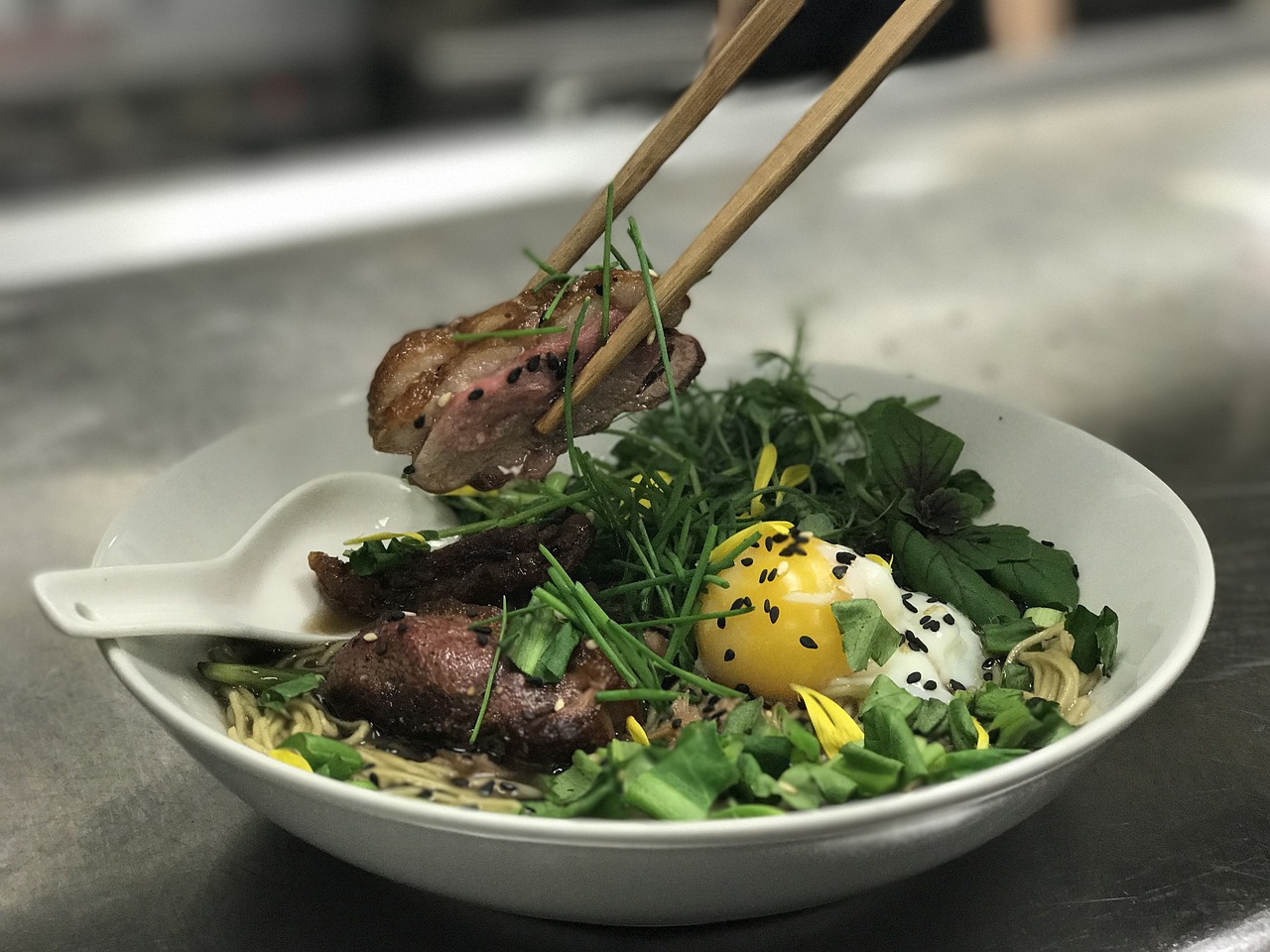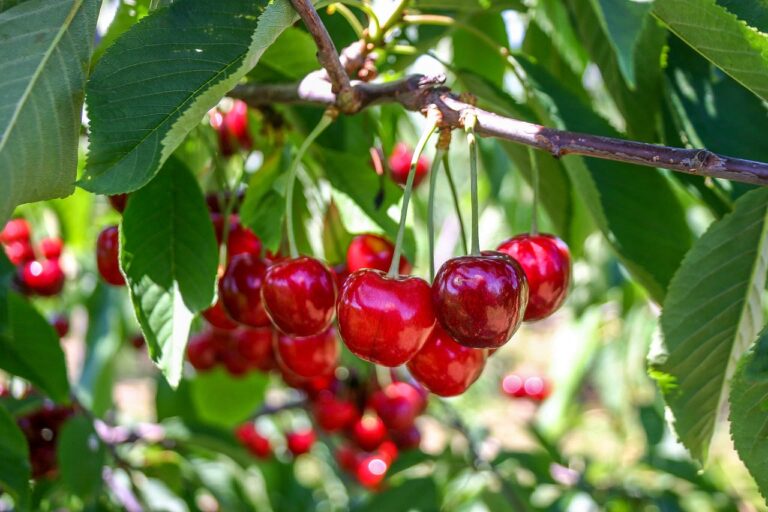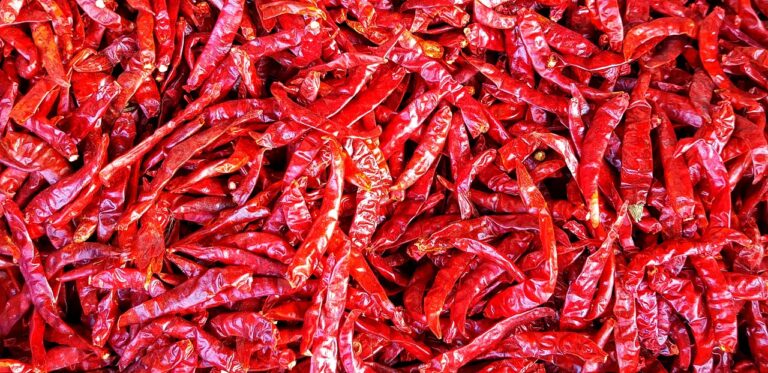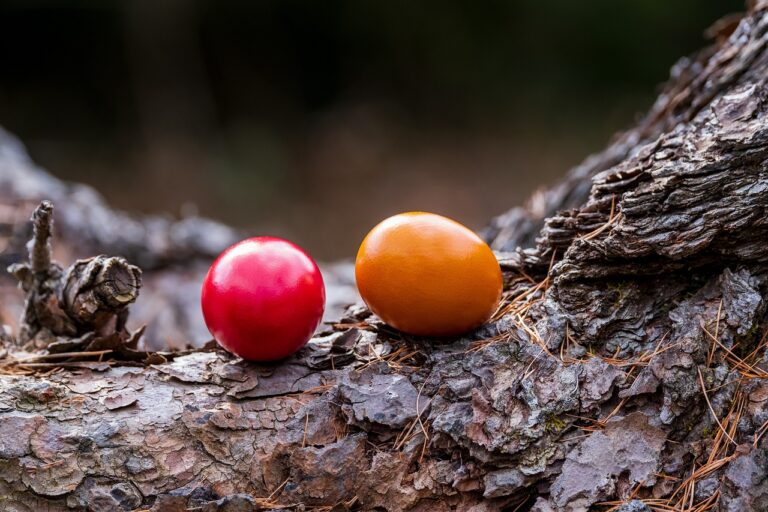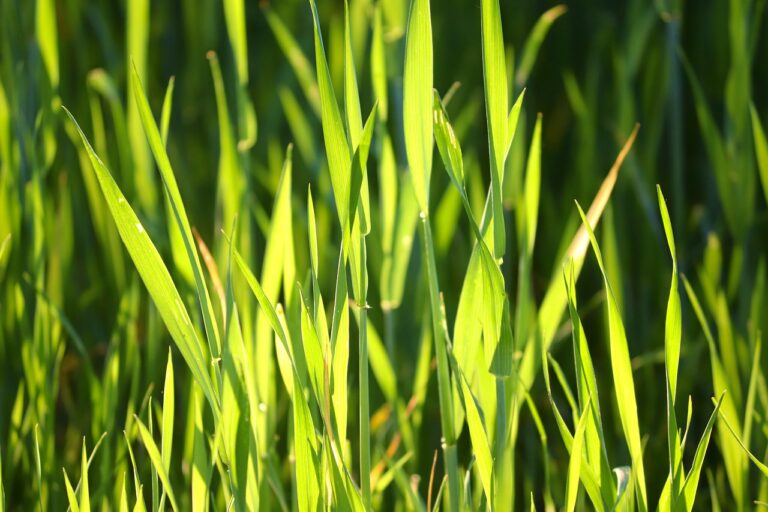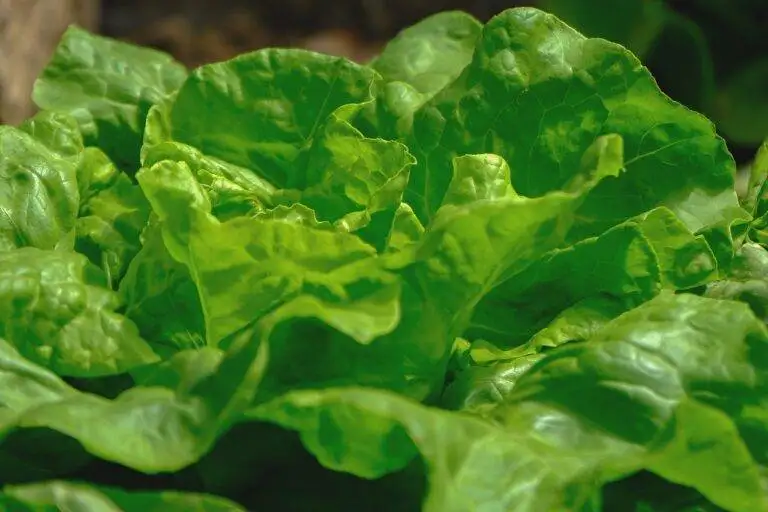The Role of Bees in Traditional Farming Practices: Cricket 999.com login, 11xplay online, Betbhai9 id
cricket 999.com login, 11xplay online, betbhai9 id: Bees play a crucial role in traditional farming practices, more than just producing honey. These pollinators are essential for the growth of crops and the overall health of ecosystems. Let’s delve into the fundamental role of bees in traditional farming and how they contribute to sustainable agriculture.
Bees as Pollinators
One of the primary roles of bees in traditional farming practices is pollination. Bees are responsible for pollinating a wide variety of crops, including fruits, vegetables, and nuts. As bees visit flowers to collect nectar and pollen, they inadvertently transfer pollen from one plant to another, allowing for fertilization and the production of seeds and fruits.
Without bees, many crops would not be able to produce fruits or seeds, leading to a decrease in crop yield and biodiversity. Farmers who rely on traditional farming practices understand the importance of bees in pollination and often implement strategies to attract and support bee populations on their farms.
Beekeeping in Traditional Farming
Beekeeping is an integral part of traditional farming practices in many cultures around the world. Farmers keep beehives on their land to not only harvest honey but also to ensure a consistent and reliable source of pollinators for their crops. Beekeeping provides an additional source of income for farmers and helps support the health of local ecosystems.
By maintaining beehives on their farms, farmers can increase crop yields through improved pollination and contribute to the conservation of bee populations. Beekeeping also allows farmers to produce honey, beeswax, and other hive products that can be sold or used for personal consumption.
Benefits of Bees in Agriculture
The presence of bees on traditional farms offers a range of benefits beyond pollination. Bees help improve soil health by contributing to nutrient cycling and decomposition through their activities in and around the hive. The pollination services provided by bees also support the growth of wild plants and flowers, enhancing biodiversity on the farm.
Additionally, bees play a crucial role in pest control by preying on insects that can damage crops. Some species of bees are known to feed on insect pests, helping to keep their populations in check and reduce the need for chemical pesticides. By supporting healthy bee populations on their farms, farmers can promote natural pest management practices and reduce their reliance on harmful chemicals.
Challenges Facing Bees in Agriculture
While bees are invaluable to traditional farming practices, they face numerous challenges in today’s agricultural landscape. Habitat loss, pesticide use, climate change, and disease are significant threats to bee populations around the world. Modern agricultural practices, such as monoculture farming and the widespread use of pesticides, can have a detrimental impact on bee health and
populations.
Farmers practicing traditional agriculture must be mindful of these challenges and work to support bee populations on their farms. By creating pollinator-friendly habitats, reducing pesticide use, and promoting biodiversity, farmers can help protect bees and ensure their continued role in sustainable agriculture.
FAQs
1. How do bees benefit traditional farming practices?
Bees play a crucial role in pollinating crops, improving soil health, supporting biodiversity, and aiding in pest control on traditional farms.
2. How can farmers support bee populations on their farms?
Farmers can support bees by maintaining pollinator-friendly habitats, reducing pesticide use, promoting biodiversity, and practicing sustainable agriculture methods.
3. What are the challenges facing bee populations in agriculture?
Bees face threats such as habitat loss, pesticide use, climate change, and disease, which can impact their health and populations on traditional farms.
In conclusion, bees are essential to traditional farming practices and sustainable agriculture. By understanding the critical role that bees play in pollination, soil health, biodiversity, and pest control, farmers can work to support and protect bee populations on their farms. Through responsible beekeeping practices and environmental stewardship, farmers can ensure the continued presence of bees in traditional farming for generations to come.

